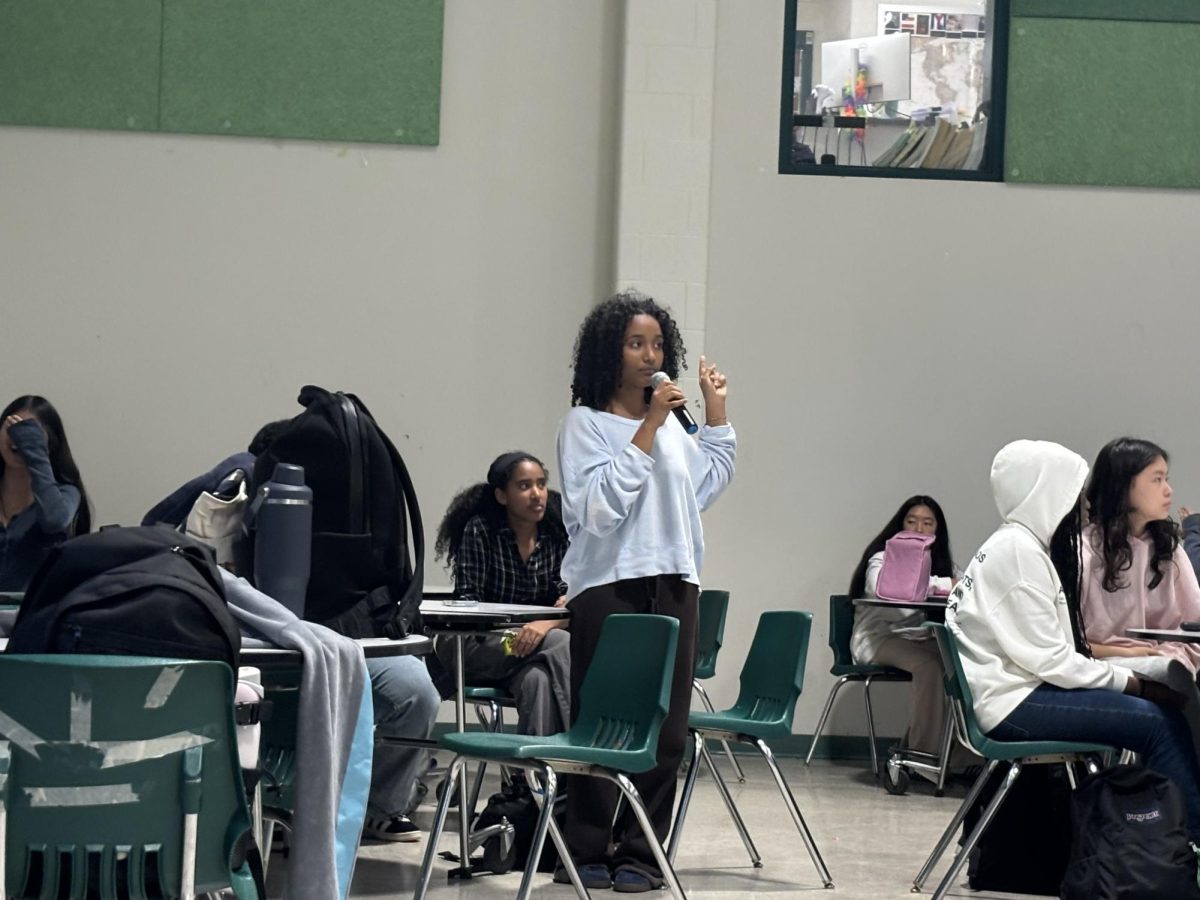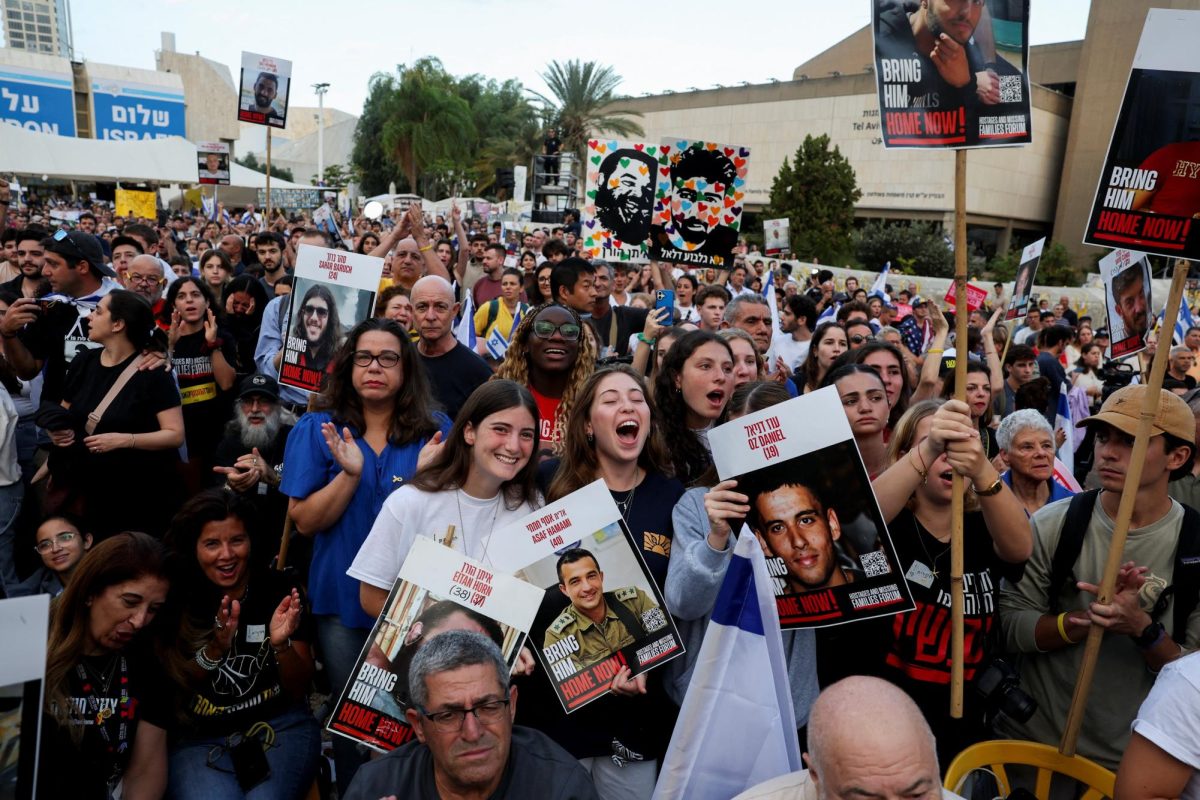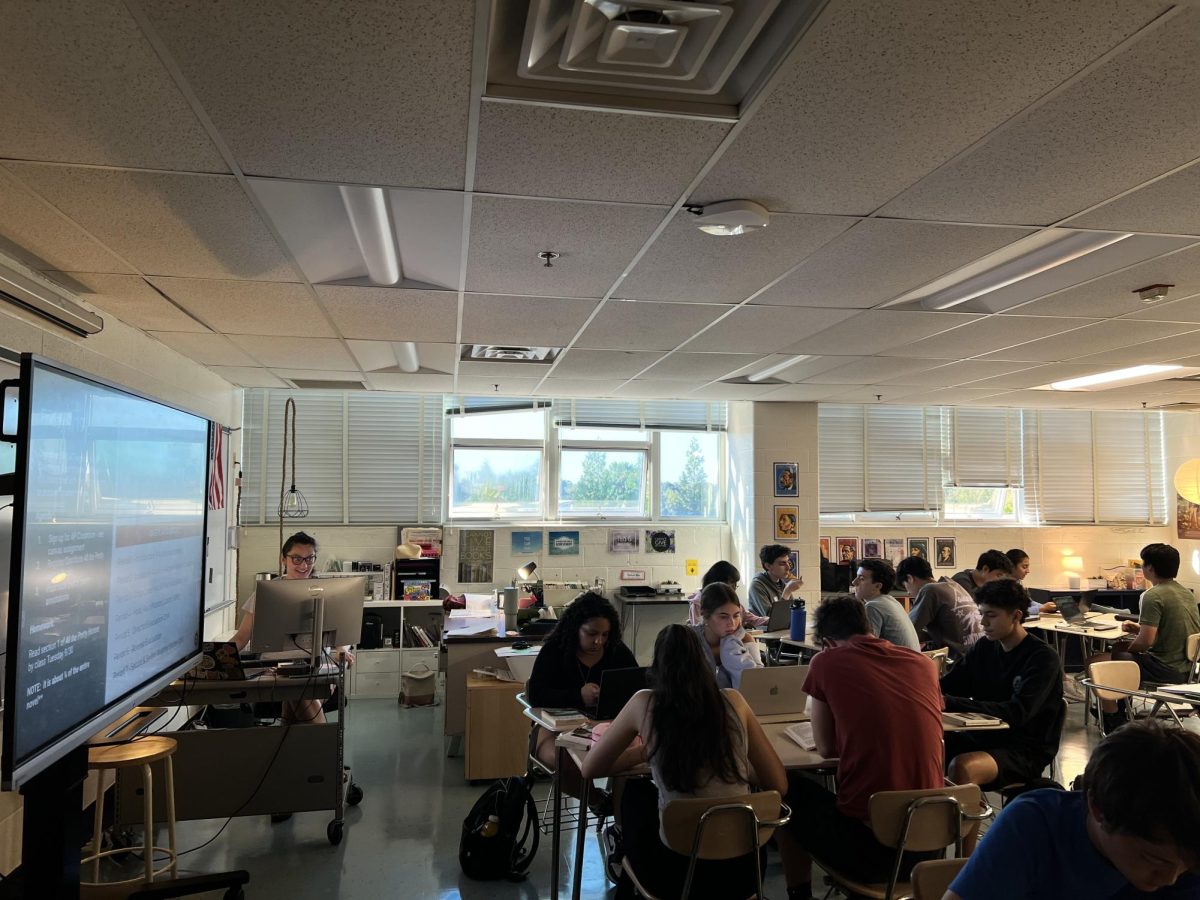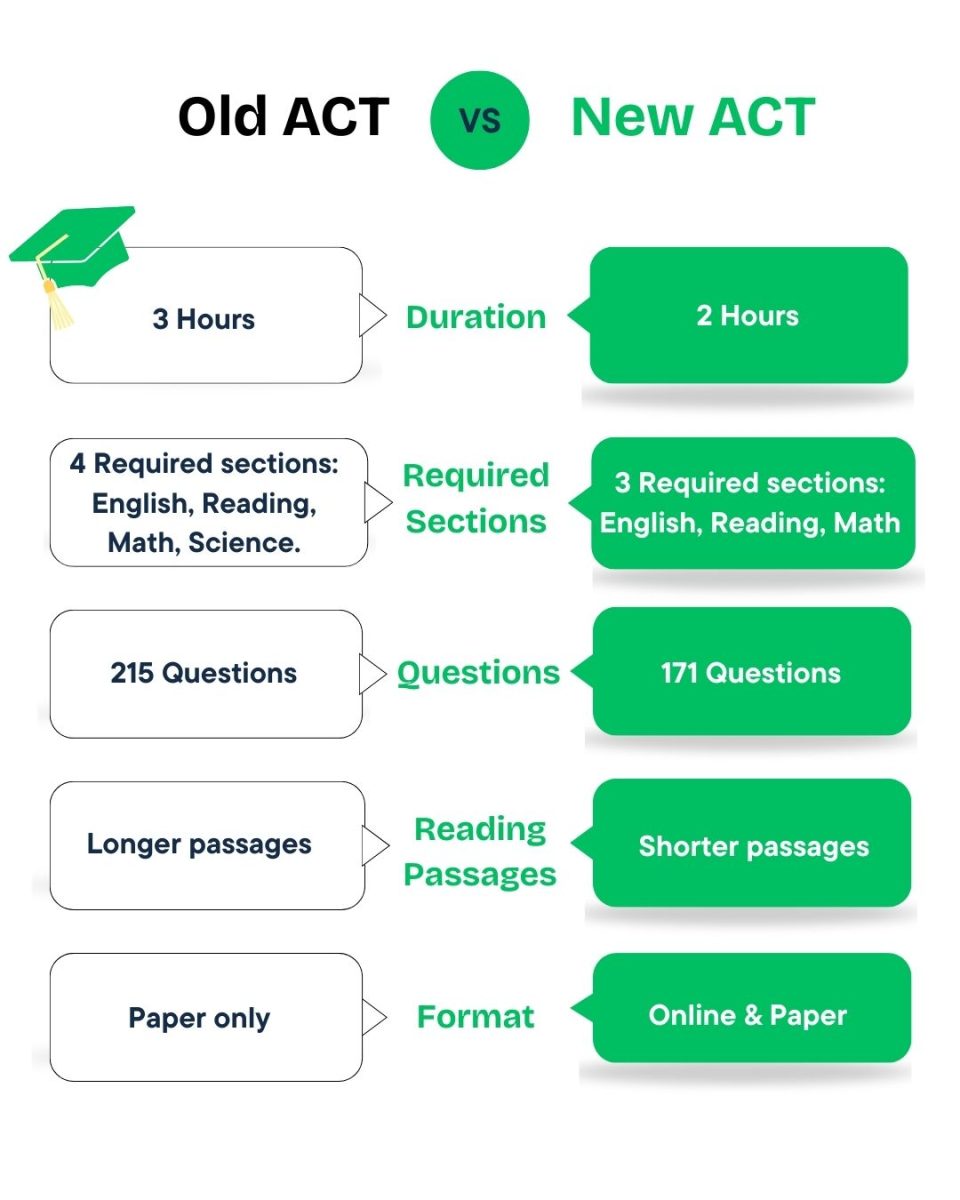- Ireland requests bailout. A severe economic collapse and steadily rising levels of debt and unemployment in Ireland led European officials, concerned that these economic woes might spread to other unstable countries such as Portugal and that the Euro would be weakened, to pressure Ireland to request a bailout. After maintaining for a week that they didn’t need help, Ireland finally gave in and requested roughly 100 billion euros from the European Union contingency fund. Political turmoil deepens as Prime Minister Brian Cowen he would step down next month.
- North and South Korea exchange fire. North Korea fired shells at a South Korean island, killing two soldiers, and prompting the most serious clash between the two countries in decades. North Korea maintains that it was provoked by test shots fired by South Korea. The United States, allies of South Korea, began naval exercises in the Yellow Sea in response, a move that North Korea calls provocative. China, after days of silence, has moved to start negotiations.
- The Pope shifts his stance on condoms. In recent comments from the Vatican, Pope Benedict XVI acknowledged that condom use can be seen as part of the effort to prevent the spread of AIDS. The church’s prohibition of birth control has not changed, but critics see this as an important first step towards recognizing the realities of the AIDS epidemic and the importance of birth control in its prevention.
- Long-imprisoned pro democracy leader is released in Myanmar. After twenty years of house arrest, Daw Aung San Suu Kyi is released to popular celebration. Despite high hopes from much of populace that she will spark fundamental political change in Myanmar’s rigid military totalitarian regime, it is unclear whether she can overcome factionalism within her own party, The National League for Democracy, as well as the junta. She has expressed the intent to lead a nonviolent “revolution” for democracy and human rights.
- Israel pushes for a freeze on construction to salvage Palestinian peace talks. After extensive negotiations with the United States, Israeli President Benyamin Netanyahu agreed to present a 90-day freeze on settlement construction to his cabinet. This move rests on the hope that it will lead to a Palestinian commitment to remain in peace negotiations. The Israeli right and Palestinian leadership have already protested strongly. This week, Parliament also approved a measure that requires that any peace deal including the ceding of annexed land must be put to a national referendum, possibly impeding Israel’s ability to make peace deals with the Palestinians.
All information gathered from The New York Times Online
Story continues below advertisement














